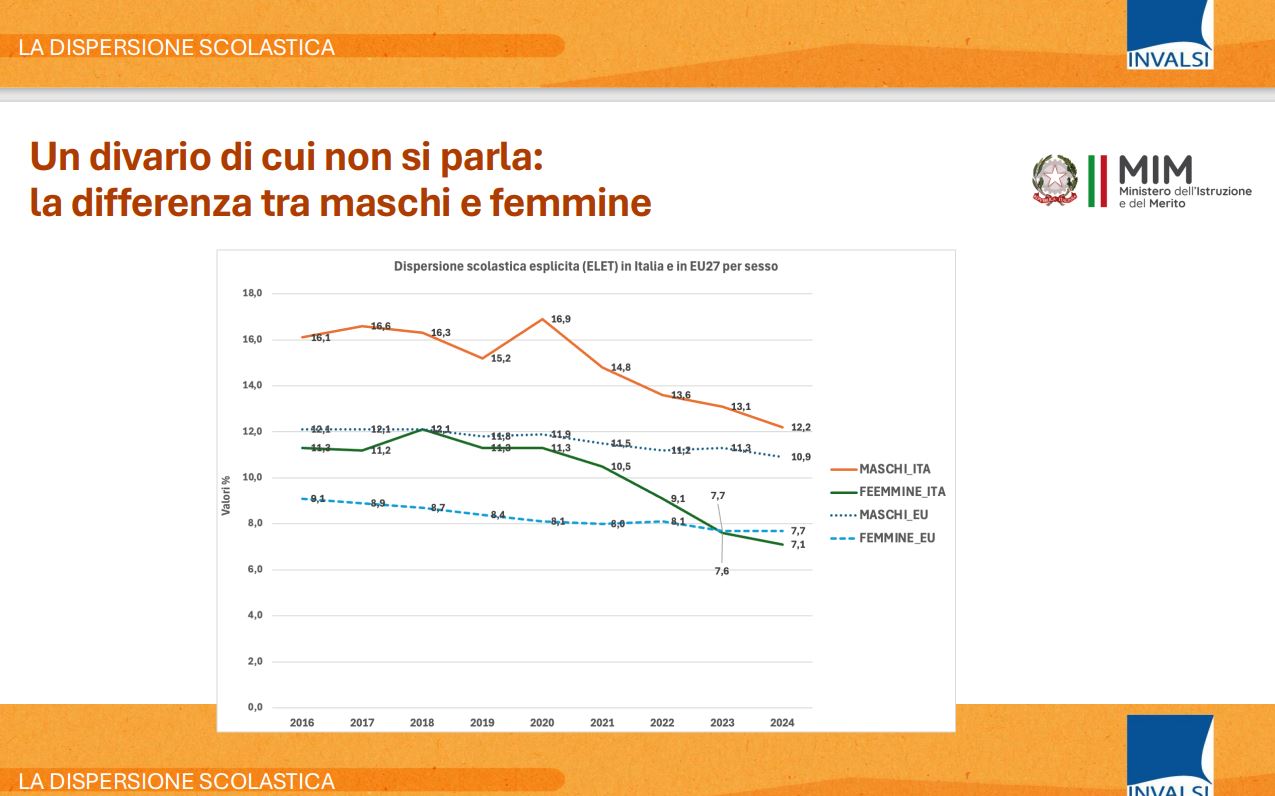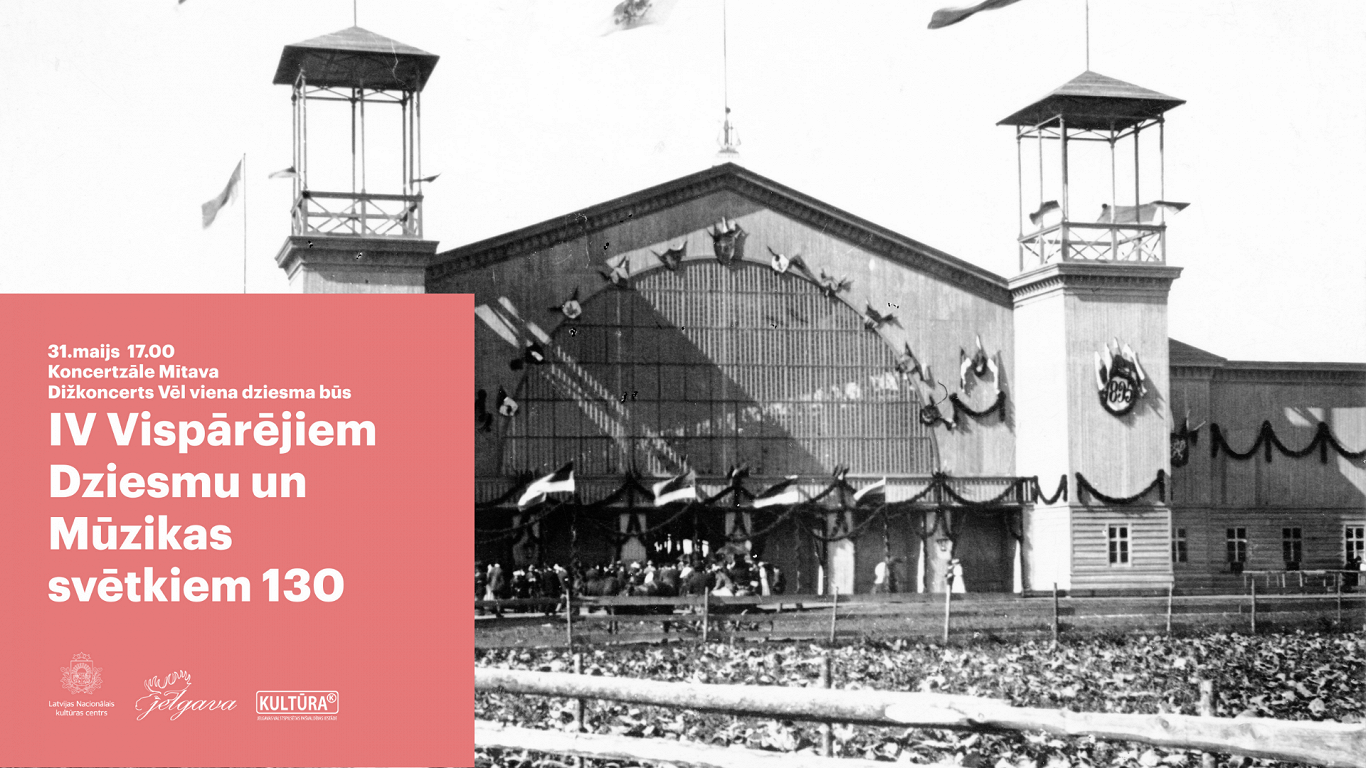NTR disappears in Reforming Plan Public Omroep
/s3/static.nrc.nl/images/gn4/stripped/data130396329-b66cca.jpg)
The Task broadcaster NTR, which makes programs as Nieuwsuur, Klokhuis, different times, Top 2000 à Gogoand, and The Sinterklaasjournaalwill disappear. That is the most salient detail from the letter that Minister Bruins (Education, Culture and Science, NSC) sent to the House of Representatives on Friday about the reform of the public broadcaster. The ‘beautiful and valuable’ program offering of the NTR will be housed with the four or five broadcaster houses that are central to the reform plan of Bruins.
The minister wants to adjust the current order on fundamental points. The thirteen (prospective) broadcasters must be merged to four to five broadcasters, which will form the order together with the NOS and the NPO. New broadcasters will no longer be able to join the system, which actually ends the external pluriformity that made the Dutch public broadcaster unique. Instead, Bruins wants to record in the amended Media Act that the broadcaster houses « the perspectives, sounds and needs of society should give a place in the offer ».
Bruins’ letter does contain conditions for the clustering of broadcasters in Omroephuizen, but the minister believes that it is ultimately up to the broadcasters themselves to determine with whom they go together. The clustering goes a lot further than the previous merger round in 2014. Although broadcasting associations with members can in principle continue to exist, the broadcaster houses take over their role within the order in practice. Each Omroephuis receives one board and one supervisory board. And from now on the budget will be distributed between the broadcaster, so that more employees can get a permanent contract.
‘Rest and stability’
According to Bruins, reform must lead to more peace and stability in the public broadcaster, which threatened to become unmanageable by the accession of new broadcasters and the unclear division of roles between the broadcasters and the NPO. The reform must lead to a more compact system, where the NPO is more equivalent to the other broadcaster houses and no longer has to decide on each individual program proposal. This should also lead to long -term financing of programs and more certainty.
According to Bruins, the reforms are needed to make the public broadcaster future -proof. Because a strong and independent public broadcaster is of great importance for the democratic constitutional state. « We see that there is now a lot of administrative crowds and mutual competition, » says Bruins. « Every five years the battle for members and visibility again. What we need is a public broadcaster that works better, and where people ensure that more sounds from society resound in the offer. »
Rear -guard fight
Mohammed Mohandis, media spokesperson for GroenLinks-PvdA, speaks in a response to Bruins’ plans of a ‘cold austerity operation’. « The dying of the programming of task broadcaster NTR is unprecedented and unacceptable, » he says. « What this cabinet seems to want to do is a rear -guard fight between the broadcasters and settling the NPO, without offering a solution to the major challenge that the public broadcaster stands for: remain relevant in a strongly changing media landscape. »
According to Bruins, the reform operation does touch on the cuts, but in principle they are two separate processes. The cutbacks of 156 million euros will start from 2027, while the new public broadcaster must only be ready on January 1, 2029. The House of Representatives debates on April 14 about the proposed measures of Bruins. The minister acknowledges that the reform cannot cover the full austerity amount. Although he expects the broadcasters to try to spare the programs as much as possible, cutting the programming is ultimately inevitable according to him.

:format(webp)/s3/static.nrc.nl/bvhw/files/2025/02/data128661041-7cf9d7.jpg)

:format(webp)/s3/static.nrc.nl/images/gn4/stripped/data112647256-2d1964.jpg)



